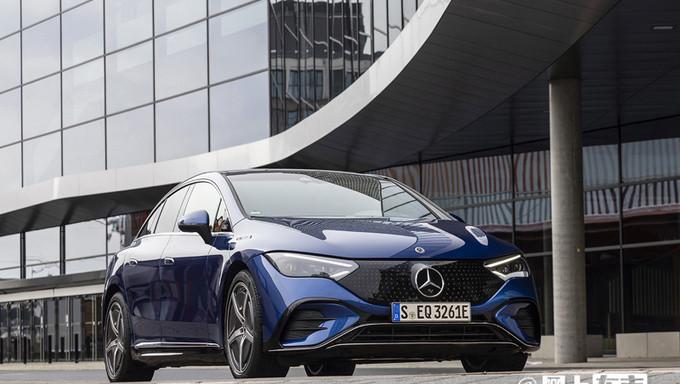Mercedes-Benz officially announced its next "Decade" plan, which is expected to achieve full electrification by 2030. It also plans to reduce the average carbon emissions of each passenger car over its entire life cycle by 50% compared to 2020 by 2030, and reduce emissions from the production of battery packs by 20% after switching to carbon-neutral production. In addition, Mercedes-Benz plans to build a carbon-neutral recycling plant in Germany, using a new recycled battery technology to increase the recycling rate to 96%.

To halve carbon emissions, Mercedes-Benz plans to deploy around 300,000 public charging stations in Europe. By 2025, Mercedes-Benz will achieve 50% of its cars to be plug-in hybrid or pure electric vehicles, while introducing a "green charging" function. (The green charging feature is that when a customer charges a vehicle, Mercedes-Benz will feed the same amount of electricity from renewable sources into the grid.) )
Previously, Mercedes-Benz reached cooperation with a number of new energy industry companies, aiming to apply new energy to many of its mass production models in 2025. In 2022, all of Mercedes-Benz's self-operated plants will become carbon neutral, and Mercedes-Benz will be able to further increase its capacity to promote solar and wind renewable energy at all of its manufacturing sites. With the acceleration of the electrification process of Mercedes-Benz, the internal combustion engine model will reduce investment, and now friends who want to buy fuel vehicles should seize the time.